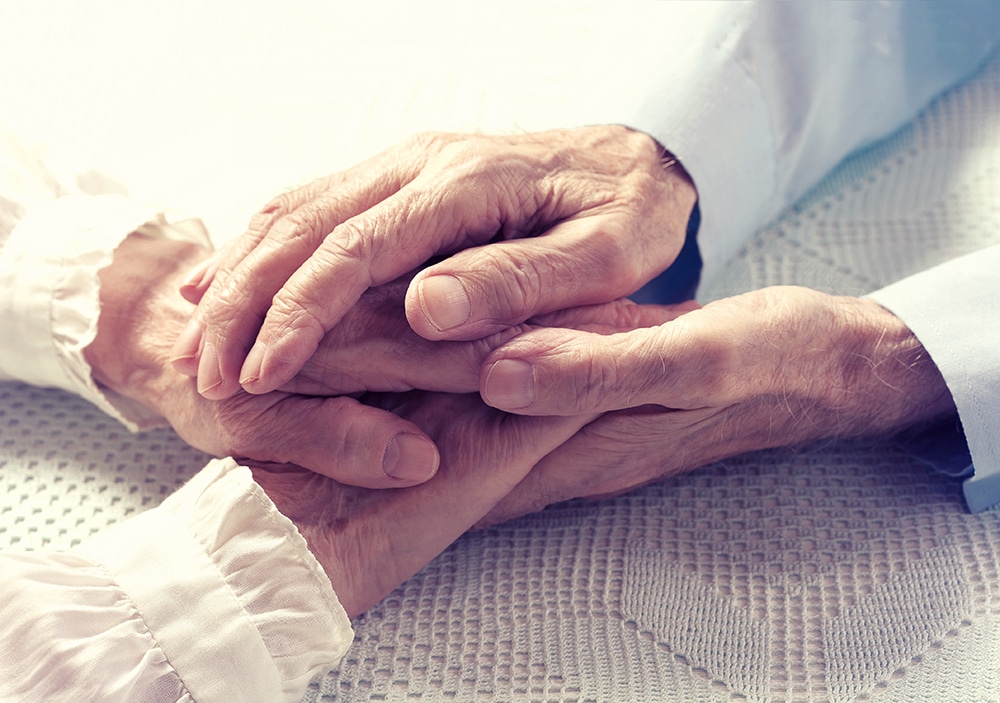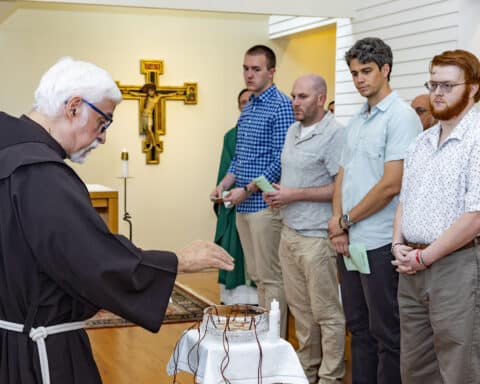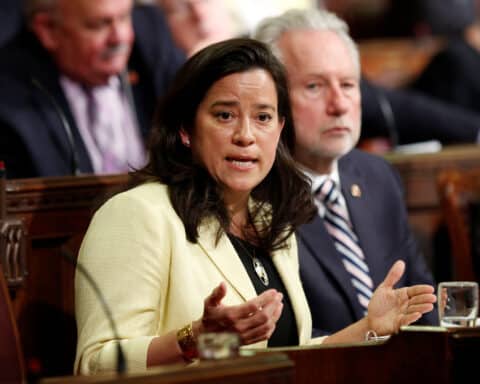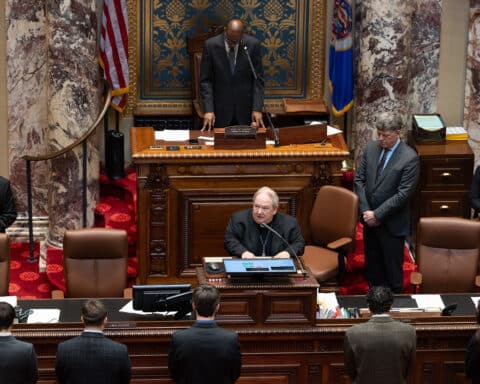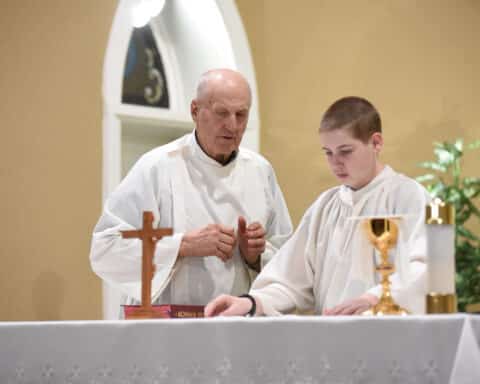“They wanted to leave this world together, on their own terms.”
This is the first line of a recent story in the Portland Press Herald reporting on the joint suicide in October of a local couple. Carl and Susan Chase, married more than 50 years and both in their mid-70s, killed themselves by swallowing sleeping pills while holding hands in their favorite spot at their home in Brooksville, Maine.
How poetic? How tragic.
Suicide has become a topic of much discussion and even legislation in recent years, as physician-assisted suicide for those with terminal diagnoses increasingly has become accepted. Just this summer, Maine, where the Chases lived, became the eighth state (plus Washington, D.C.) to pass legislation allowing a doctor to help those with terminal illnesses to kill themselves.
But suicide for those in perfect health, such as the Chases, is considered disturbing enough to merit the placement of suicide hotline information at the end of their obituary — at least for now. One wonders, in this world that worships at the altar of “free choice,” how much longer that will be the case.
The Chases cited “choice” as the underlying justification for their drastic action.
“We believe it is a person’s fundamental right to choose whether or not to go on living when they approach the ‘end-game’ of life, and for many reasons that time has come for us,” they wrote in a letter that ran alongside their obituary. “We have come to this decision both independently and together.”
The unusual letter sought to answer the one, the only, question of any significance that they left behind: Why would a couple in good health, and relatively young by today’s standards, with living children and grandchildren, decide to kill themselves?
Point-by-point, the couple, speaking from the grave, laid out their case. They have had good luck all their lives, they said, and they want to get out while they’re still ahead. Their bodies, they said, are showing signs of age. Carl wrote of struggles with hearing, with bad knees and other ongoing medical issues. Susan said that dementia was looming like “a crouching demon.”
“Where most people these days tackle every medical issue as it arises, we’ve chosen not to spend our last years in an escalating battle against our body’s failures, taking more and more pills, signing up for exhausting operations, waiting for the next issue to show up,” they wrote. “Dying is natural, and inescapable. We see nothing good about stretching the process out over as many years as possible.”
They also wrote of a desire to avoid inconvenience for loved ones as they get older.
“We would hate to burden family, friends and each other with our care,” they wrote. “Some might say that is what family and friends are for, but in the case of the elderly, we heartily disagree, if there is a chance to avoid it.
“We dread becoming useless, using up more and more resources and attention, and contributing less and less in return,” they added. “We feel that happening.”
Finally, they cited overall concerns about the state of society, the planet and civilization.
“While it is always possible that things will turn around for the better for the human race here on earth, it is impossible to imagine that it could happen anytime soon — certainly not in any possible lifetime of ours,” they wrote.
The Chases’ decision is disturbing for many reasons. It’s a rejection of the notion of redemptive suffering; a rejection of the value and the role of the elderly in society; and a complete and total rejection of God and of the hope of eternal life that he promises to those who love him. Their “choice” exemplifies the secular worldview. Rather than valuing life as our most precious gift from a loving creator, it is deemed to be ours alone, to do with as we please. It’s the abortion-on-demand debate manifested at the end of life.
On Grandparents Day in 2017, Pope Francis spoke of the elderly as “an important presence,” representing “the roots and the memory of a people.” In addition, the “maturity and wisdom” accumulated throughout the course of life can be used to help counsel a younger generation.
“We must counter the harmful throwaway culture that marginalizes the elderly, considering them unproductive,” Pope Francis said.
In the final paragraphs of their suicide note, the Chases wrote that they would “like to think that we’ll be remembered as the persons we’ve been up till now, rather than gamble on what we may become over the next 10-20 years.”
But in reality, while Carl and Susan Chase might be remembered for how they lived, they will without a doubt be remembered for how they chose to die.
Our Sunday Visitor Editorial Board: Gretchen R. Crowe, Scott P. Richert, Scott Warden, York Young

